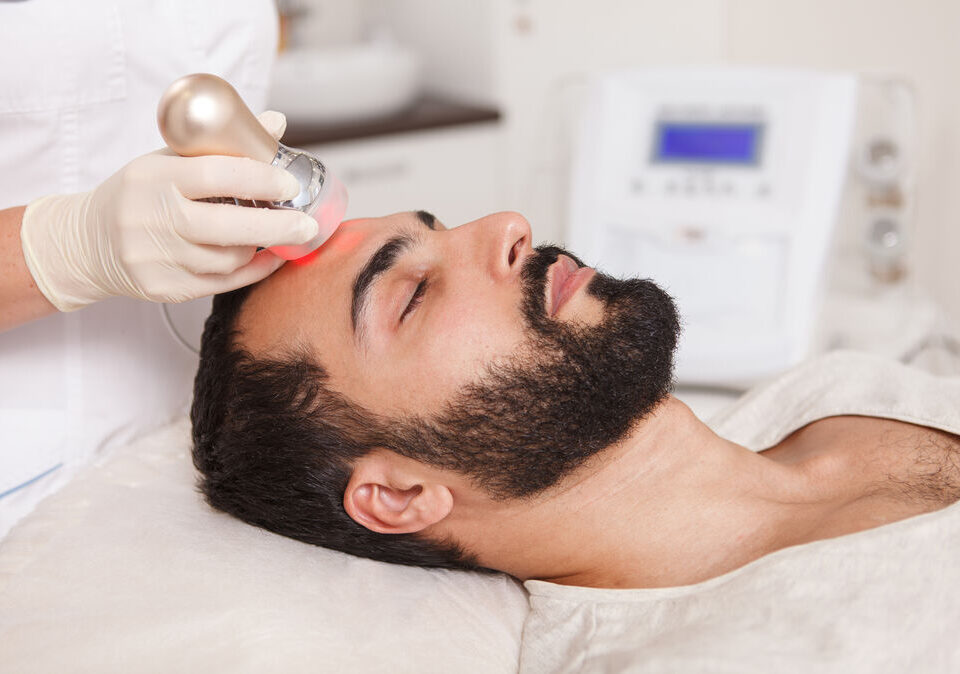Warning: Trying to access array offset on value of type bool in /home/u940138336/domains/dramitkerure.in/public_html/wp-content/themes/betheme/functions/theme-functions.php on line 1241
Warning: Trying to access array offset on value of type bool in /home/u940138336/domains/dramitkerure.in/public_html/wp-content/themes/betheme/functions/theme-functions.php on line 1246
Quick Hair Loss FAQ1
June 19, 2017
Cosdermaindia 2019!
December 12, 2019Quick Hair Loss FAQ2
Warning: Trying to access array offset on value of type bool in /home/u940138336/domains/dramitkerure.in/public_html/wp-content/themes/betheme/functions/theme-functions.php on line 1241
Warning: Trying to access array offset on value of type bool in /home/u940138336/domains/dramitkerure.in/public_html/wp-content/themes/betheme/functions/theme-functions.php on line 1246
In the present era, people are suffering from hair loss, even in their late 20s. Although, the cause of hair loss varies from person to person, but the result is same- continuous hair fall. And the worst thing is that if you do not pay attention to this condition, give your hair proper care or go for the desired treatment- you might end up with scarring of hair and even baldness. To clear all your doubts regarding hair loss, our director cum senior dermatologist, Dr. Amit kerure has shared a few useful FAQs, as you can see below:
- What am I losing hair? What are the possible reasons?
Ans: These two are typically the most common questions asked by people. The most common reason for hair loss is androgenetic alopecia, and it can be seen in both genders but mostly in males. Also known as pattern baldness, the cause can be genetic, but predictions are hard. Typically, androgenetic alopecia can lead hair thinning or losing hair in bald patches. It is possible to slow down the effects of androgenetic alopecia using medicines like Finasteride, Minoxidil.
Other reasons for hair loss include stress, damage to follicles, pulling hair and even scarring, steroids for body building. Hair loss can be attributed to many other external factors, as well, including reaction to medicines and treatments, exposure to harmful substances and chemicals and illness. In women, pregnancy can also trigger hair loss, which is generally temporary Telogen effluvium. It is best to talk to a hair expert/surgeon to understand the reasons.
- Why are the possible causes for hair loss?
As mentioned, there can be more than a few reasons for hair loss, starting with genetic reasons to external issues. In males Alopecia or male pattern baldness is the most common reason, which is genetic and cannot be prevented. However, the approach to the cause is very important, and there are varied ways to deal with alopecia, ranging from medications to laser therapy and hair transplantation.
A few environmental causes like pollution can also cause hair loss, while medications and lifestyle can also impact hair growth. Diseases like anemia, thyroid imbalance can lead to gradual loss of hair. Lifestyle aspects like stress, excessive smoking and drinking can also lead to the problem.
- Why do men lose hair? What are the common causes?
Hair loss can be temporary, but typically, men lose hair owing to androgenetic alopecia, which is genetic & testosterone mediated and often known as male pattern baldness. Testosterone converted in DHT(Dihydrotestosterone) & DHT in turn affects hair reducing its growth & gradual loss. Impact of DHT depends on genetic make up of a person which determines how much and when a man gets bald. There can be other reasons including health issues, lifestyle factors, medications and smoking that can cause hair loss. However, most of these causes need better and in-depth understanding, which is why it is best to talk to a physician in detail before jumping to conclusions.
- How to stop hair loss? What are the solutions with pattern baldness and thinning hair?
Most people dealing with hair loss and thinning want to know the best available hair loss solutions. Thankfully, modern medicine and technology offers a number of options, but it is essential to understand that the treatment may vary from patient to patient, depending on many factors. Sometimes, it is possible to deal with hair loss with just lifestyle changes, sans any medicines and surgical procedures. In other cases, Finasteride and Minoxidil are drugs used to reduce hair loss, while some people may need transplant and restoration. An expert physician is the best person to discuss the problem.
- How to decide on regrowth treatments?
The choice of Hair regrowth treatments depend on many aspects and considerations, but the underlying reason is the most important step for the right treatment. Sometimes, doctors and hair experts suggest on working on lifestyle changes to get the desired results, while other patients are advised treatment for medical conditions that may trigger hair loss. The third and best option is to administer FDA approved drugs like Finasteride and Minoxidil oral and Platelet Rich Plasma Therapy. When all the options are not viable, an expert can suggest using laser therapy and other hair regrowth treatments.

